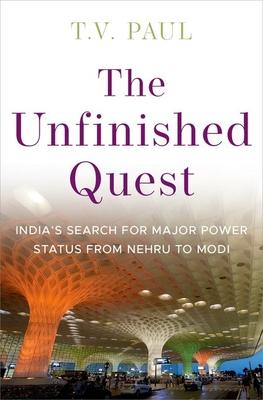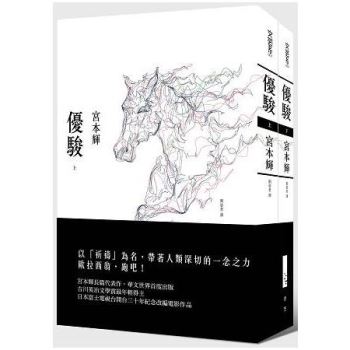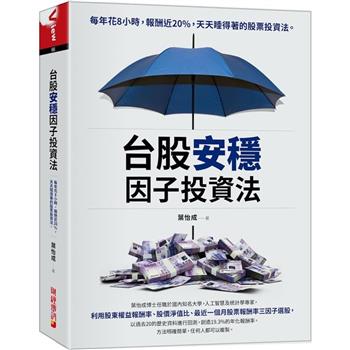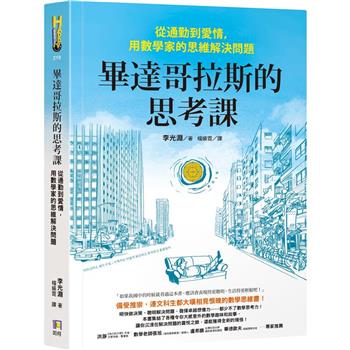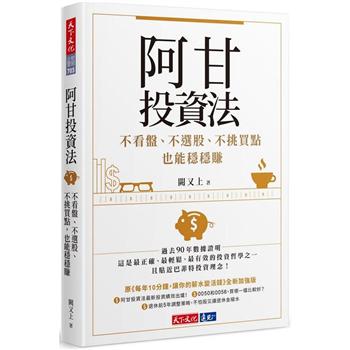In The Unfinished Quest, T.V. Paul charts India’s checkered path toward higher regional and global status, and sheds important light on its significance as the "swing power" that can mitigate China’s aggressive rise in the Indo-Pacific region.
In 2022, India surpassed the United Kingdom, its former colonial ruler, as the fifth largest economy in the world. Since the 1990s, a series of US presidents and secretaries of state have all acclaimed India as a rising major power that deserves to be recognized as a lead actor in the international arena. All five permanent members of the UN Security Council except China have openly acknowledged the need to include India among their ranks. But even now, India has not attained the status of a globally recognized great power.
In
The Unfinished Quest, leading international relations and South Asia scholar T.V. Paul charts India’s checkered path toward higher regional and global status, covering both the successes and failures it has experienced since the modern nation’s founding in 1947. Paul focuses on the key motivations driving Indian leaders to enhance India’s global status and power, but also on the many constraints that have hindered its progress. He carefully specifies what counts as indicators of greater status and uses these as benchmarks in his assessment of each era. In this manner, he also brings forth some important insights on status competition and power transitions in the contemporary international system.
Paul’s analysis of India’s quest for status also sheds important light on the current geo-strategic situation and serves as a new framework for understanding the China-India rivalry, as well as India’s relative position in the broader Indo-Pacific theater. As the economies of China and India grow rapidly, the power balance between them will be determined by each country’s ability to develop the hard and soft powers needed to outpace the other and solidify their place in the global hierarchy. Whether India can be a "swing power" able to mitigate China’s aggressive rise depends on its relative power position in that theater and its own evolution as an inclusive, tolerant democracy that can develop and utilize its most priced asset, the demographic dividend. This sweeping account of India’s uneven rise in the global system will serve as the authoritative work on the subject.
